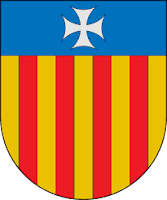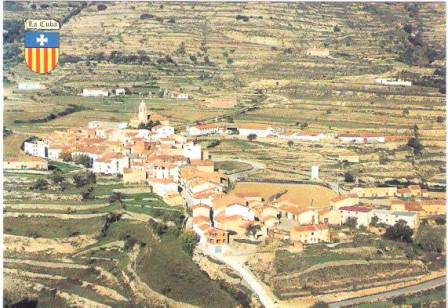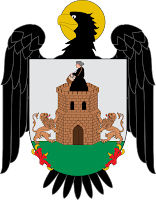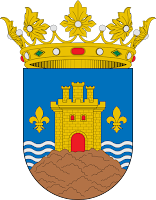LA CUBA
***Copy and translated from :http://www.lacuba.es/el-pueblo-2/historia/
History
In the year 1241 the master of the Order of the Temple granted the Puebla Charter to the town of La Cuba in favor of thirty settlers, the aforementioned letter established very brief conditions: the dominance of the monks, furnace and mill rights, lezdas, Caloñas, host and ride. As a special case, he pointed out the exemption to the inhabitants of the host and horseback riding in the years immediately after the concession, a privilege that can be interpreted in the sense that an attempt was made to root a relatively recent population that needed to cultivate the inheritances received and organize their lives community in the locality.
Curious is also that at no time calls Cuba with this name, but with that of the Desledón Valley. Apparently it is an area belonging to Cantavieja, some depopulated that is going to be populated at this time with 30 families.
Its origin is prior to the Reconquest because in the Entrust of King Alfonso II to the Templars, Cuba is mentioned as one of the seven towns that made up the Baylía de Cantavieja. Later it happened to depend on the Order of San Juan of Jerusalem in 1312 after dissolving the Order of the Temple.
An ancient legend tells that the Villa de La Cuba was originally called "The Valley of Gold", is a legend discovered thanks to the writings discovered in a notebook by Fray Juan Moles, a monk from La Cuba exclaustrated from the Monastery of Olivar by the French in 1810. The legend goes like this: «The oldest of the place had heard say when they were young to other elders, that in the town a robbery was committed and the thieves hid in the tithe cube. When they appeared they were called the Cubans, and that was how that name remained.
His castle and your term were bought by the tutors of Narciso de Olzinelles and Fluvía a Marti Viñals, ecclesiastical officer of the archbishop of Zaragoza on October 26, 1700.
***Copy and translated from :http://www.lacuba.es/el-pueblo-2/historia/





Comments
Post a Comment